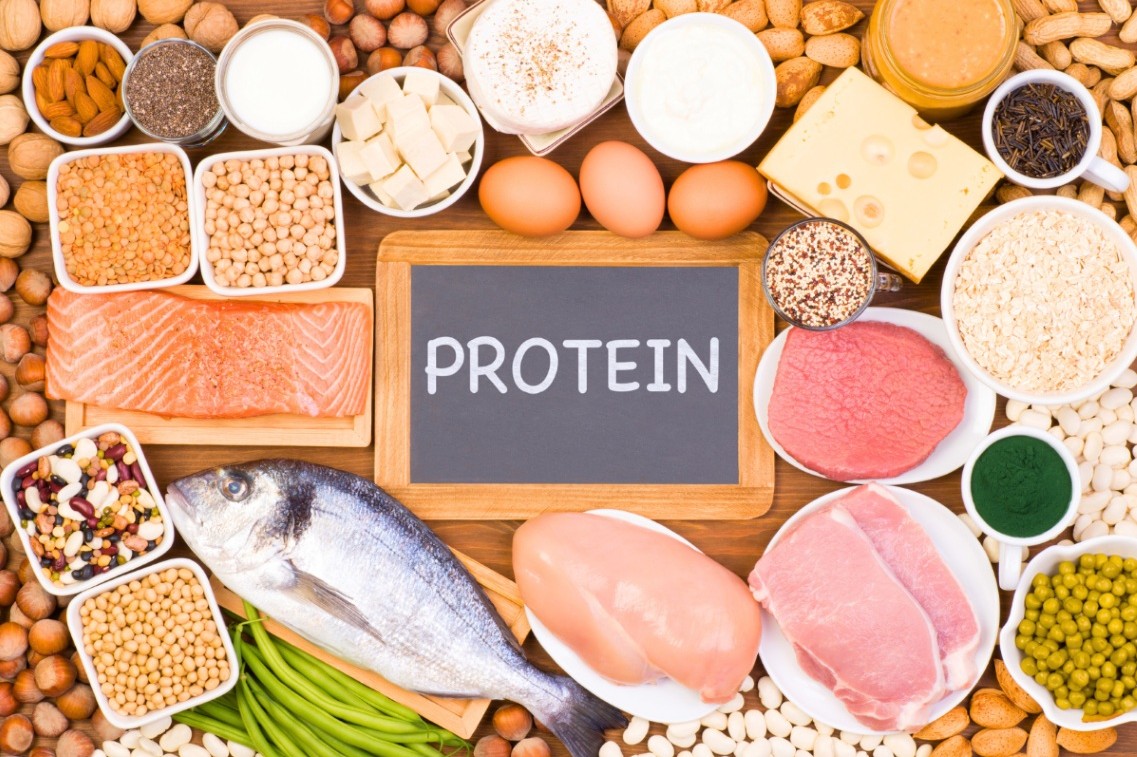New protein guidelines
The nutrition world is soon to rip up protein guidelines and implement a new way of assessing protein quality in foods, thanks largely to work done by the Riddet Institute in Palmerston North.

The current guidelines are flawed and new techniques are revealing gaps in global nutrition, Massey University Distinguished Professor Paul Moughan says.
Moughan says New Zealand food labelling currently only shows consumers protein quantity, not quality. Yet the ability to digest and absorb protein varies between different protein sources.
Good quality protein is vital to human health, and traditionally, the best sources have been meat and dairy products. Made up of nine essential amino acids, protein is key to healthy growth, development and metabolism processes. Humans become malnourished without it.
Protein is found in animal and plant foods in different amounts, is digested at different rates, and the body cannot digest some forms of protein. Excess protein that is not used by the body cannot be stored.
The outcome of Riddet research is a new scoring methodology that evaluates amino acid absorption from protein foods. It is set to replace the existing guidelines and rewrite the nutritional textbook.





